Friday, May 22, 2020 By: Dina Al Mahdy
In many cultures around the world, misconceptions and double-standards hold back half of society, especially when it comes to women’s roles. One of the most common sexist misconceptions is that a woman’s place is “in the kitchen”.
In Egypt, until recently, men bragged about their inability to even boil an egg. Even though many loves to cook; and despite professional chefs are mostly men, they are ashamed to announce their passion publicly.
Recently, since the coronavirus lockdown, many are coming out of the closet and bragging about their culinary expertise. Some started to learn how to cook, and others are sharing publicly their passion for cooking. In Ramadan cooking groups, men are no longer silent participants, but some are actively involved, sharing recipes, cookbooks and giving cooking tips to other members.
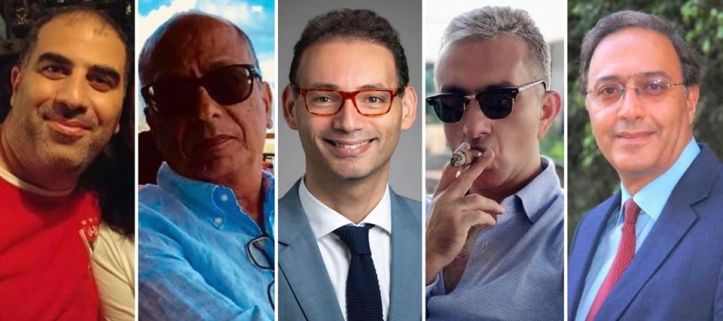
“Women of Egypt” interviewed five distinguished men who love to cook: Said Sadek, 62, professor, political commentator, sociologist and academic consultant at International Institutions. Said has 3 kids; Tarek Refaat, 39, Sales Excellence Lead at Microsoft and writer. Tarek has 2 daughters; Omar Eissa, 37, physician. A graduate from the University of Texas Medical Branch and University of Michigan, Eissa is American board certified in Radiology with subspecialty is Neuroradiology and the only bachelor in our group; Sélim Awad, 65, a mechanical engineer from Alexandria. He left his hometown at the age of 18 to join his family in Montreal. There, he met his wife Anna, of Italian origin. He has 2 daughters: Jessica, an award-winning chef, and Alexandra who also loves to cook. They have pages on Instagram, @the.skinny.baker and @craving salt; Ayman Degheidy, 52, Strategic Marketing Consultant. He has 2 daughters.
They shared their culinary passion, thoughts about gender roles and ideas to break the common misconceptions around women and cooking.
These myth-busters are carrying the torch and paving the way for girls and women by creating lasting worldwide change today and for many years to come.
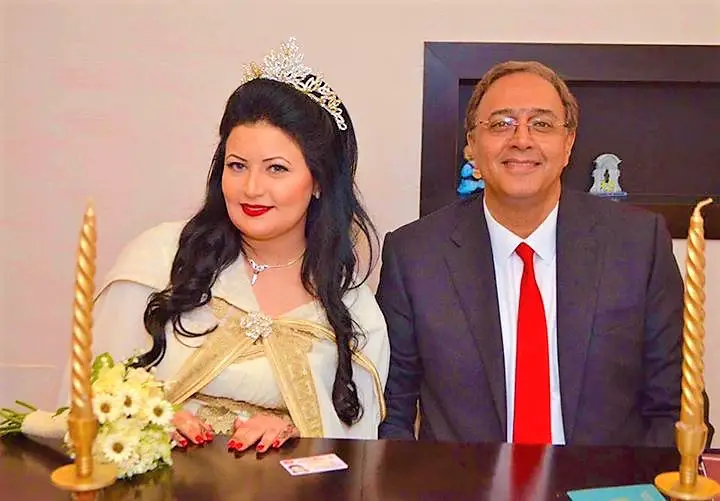
1- How did you get interested in cooking?
Said: When I was young, I became interested in international relations and global history. This attracted me to the cuisines of different cultures and the relationship between food, business deal-making and peace. I began following foodie TV programs. When I bought history and politics books of different countries, I also bought books of their cuisines and recipes. This got me a huge library of food books: Indian, Mexican, Chinese, and Persian.
Tarek: Since I was maybe 6 or 7-years-old. I enjoyed watching cooking shows and how chefs mixed the ingredients and prepared delicious looking meals. I always enjoyed the food and baking aromas.
Omar: I never cooked while in Egypt. My mom is a great cook. But I could prepare basic stuff, frying eggs or grilling a burger.
Selim: I became interested in cooking when Anna and the girls moved back to Montreal and I had to stay a bit longer in Dubai. As we ate well at home I couldn’t think of eating in restaurants on a daily basis. I called Anna in Montreal daily to coach me. That was the beginning.
Ayman: I’m a foodie person. I always liked watching chefs cooking and serving food. I consider plating up food and creating new dishes an art reflecting my power of innovation and creativity. I started cooking for friends and family and my greatest support came from my mother-in-law who liked the simplicity and taste of my dishes. In the backstage, I believe she was happy for her daughter.
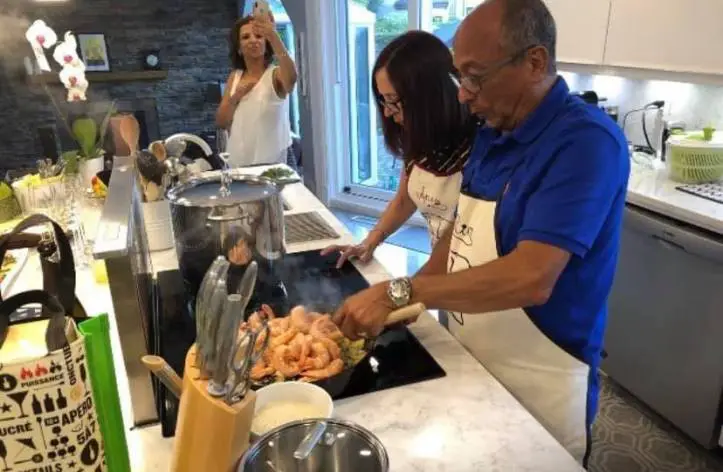
2- When did you start cooking?
Said: In high school, I started with little things, like grilling burgers and omelets. Gradually I began cooking from recipe books, and impressing my friends and relatives with my special dishes, adding my touch to traditional recipes. Spanish omelet became my signature with rich ingredients, from avocado, salads and olives to different types of cheese and spices.
Tarek: By the age of 8 or 9. I started cooking omelets, and after learning the basics, I’d try re-creating the recipes, and bit by bit I learned to cook.
Omar: During my training, I mostly ate at the hospital cafeteria and in restaurants on weekends. After graduation, I had more time, so I practiced home cooking! When I moved to the USA, I was exposed to different cuisines not known in Egypt then. Through my friends and social media, I learned about Korean, Vietnamese, Thai, Indian, Japanese, Mexican, Brazilian, Argentinian and Peruvian cuisines. I travel a lot which also exposed me to more authentic food.
Ayman: During school, we traveled and camped with friends. If you don’t know how to cook, you were left with canned food! I started with simple grilling and a bit of oriental seasoning recipes that was well perceived by other nationals, but when I came home, I had a full bag of recipes learned from the camp friends.
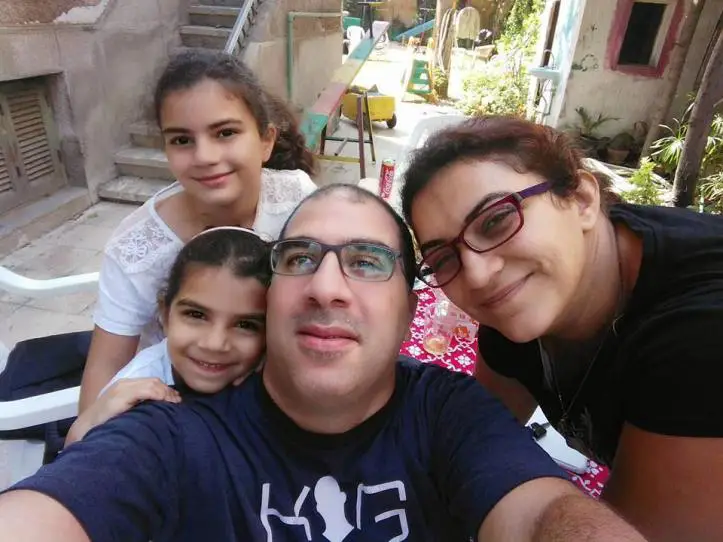
3- How often do you cook?
Said: On regular weeks 2 to 3 times and on special long holidays maybe 4 times a week, or as requested by my wife and our children.
Tarek: Quite often. I cook most of our lunch/dinner meals at home. I’ve worked for the past 8 years from home. My wife goes to work, so it made more sense that I’d be the one cooking.
Selim: Since our retirement, we spend 4-5 months in Florida. I’d say I cook easily 2-3 times a week. Really, I’m self-taught. Watching Anna and her family over the years, I learned to appreciate Italian cooking and to use good ingredients from the beginning.
Ayman: With heavy travel working schedule, I only knock the kitchen door on weekends. However, the lockdown now is giving me more time to cook the dishes my family loves.
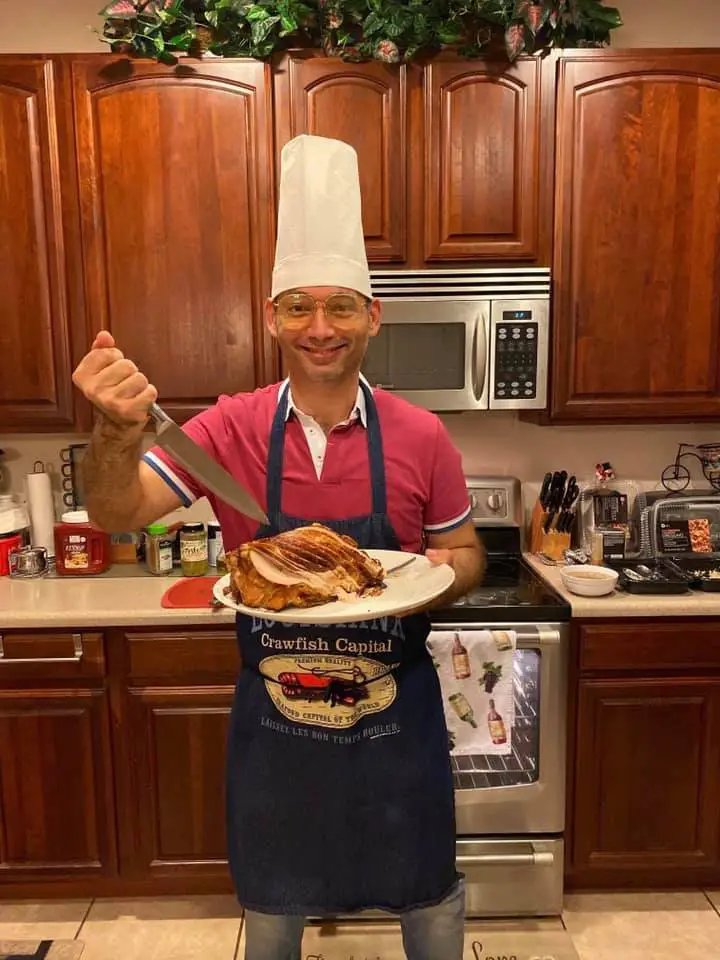
4- Where did you learn to cook? Are you self-taught or have you taken classes?
Said: Self-taught and in-kitchen experience. I have many foodie friends who like to cook so we exchange recipes and ideas. I also watch many foodie programs and channels.
Tarek: My mother, God bless her, is my mentor. She made me fall in love with cooking. I learned from her the basics and from there I taught myself how to prepare many recipes. I’ve always wondered if I should maybe one day take a class. But the answer was always no. I enjoy exploring the process on my own.
Omar: I search for recipes of my favorite food from different cuisines.
Selim: I learned a few things also from the Finnish cuisine, namely preparing marinated salmon and salmon head soup. I’m a Gemini, I don’t follow rules 100% according to my wife! When both of us are in the kitchen there is fighting…but always we have a glass of wine while we cook.
Ayman: Cooking is still a hobby; I didn’t go the professional road yet. Whenever I was impressed with a flavor of a plate or a dish presentation, I don’t leave without asking for the recipe and tips, and I put that into trial the very next weekend.
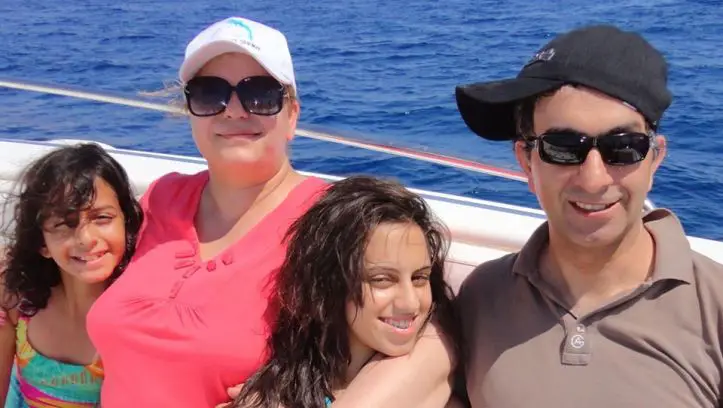
5- What is your favorite dish? Can you prepare it yourself?
Said: I love Spaghetti with vegetables and olives, and Indian Biryani vegetable rice. Both I cook every now and then and never get bored preparing and eating them with my relatives.
Tarek: I have a lot of favorite dishes, and most of them I prepare myself, but one of my absolute favorites is a dish I discovered a few years back. It’s called Pepper Pot, a Guyanese Christmas dish from the Caribbean, made with beef, but I’ve tweaked the recipe and cooked it with chicken.
Omar: My best dishes I make so far are pasta and Asian dishes.
Selim: My favorite dish is sea bass in the oven. I make fantastic stir fried shrimps with shell on. I cook octopus and prepare it in a lovely Mediterranean salad. I make pasta with cherry tomatoes and basil. I also make spaghetti with pesto sauce (basil, garlic and pine nuts). I marinate my own olives from scratch, and also make pickles and feseikh.
Ayman: I love all types of food, but my favorite is the Indian cuisine, thanks to a Maidenhead town Indian restaurant owner, where I was almost his daily late customer who spent time asking for his recipes’ secrets. Tandoori and Biryani dishes are my favorites and of course I cook many Indian dishes like Paneer, Tikka and Masala dishes with the famous Naan Indian bread.
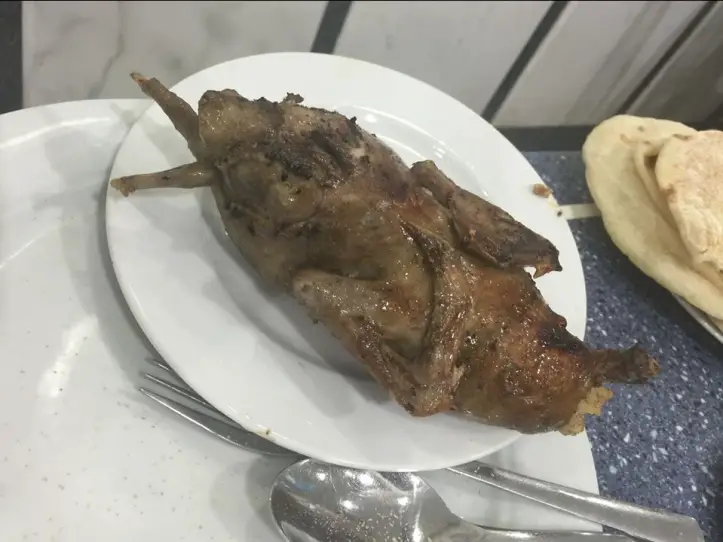
6- What is the hardest dish you can prepare?
Said: Ducks. I get a medium size duck and stuff it with carrots, onion, apricots, orange peel, and cinnamon. I wrap it in a foil with a lot of pepper, onion, cinnamon, and carrots and roast it in the oven for an hour or more. After it’s cooked well, I remove the foil and broil it until the skin turns deliciously orange red. The vegetables are delicious. You serve it with basmati rice.
Tarek: Definitely the Guyanese Pepper Pot is one of them, also there’s Indian Biryani, I’ve not really perfected it yet, but I believe I’m getting really close to.
Omar: I felt proud of myself when I cooked chicken Tikka masala.
Selim: I think the hardest dish is spaghetti with fresh clams as you need to make sure the clams are cleaned well with no sand residue.
Ayman: I’m generally interested in quick and simple dishes with focus on the taste. The hardest to me is the roasted stuffed Christmas turkey where it takes almost 5 hours of preparation. You roast it with your eyes open to make sure it doesn’t dry.
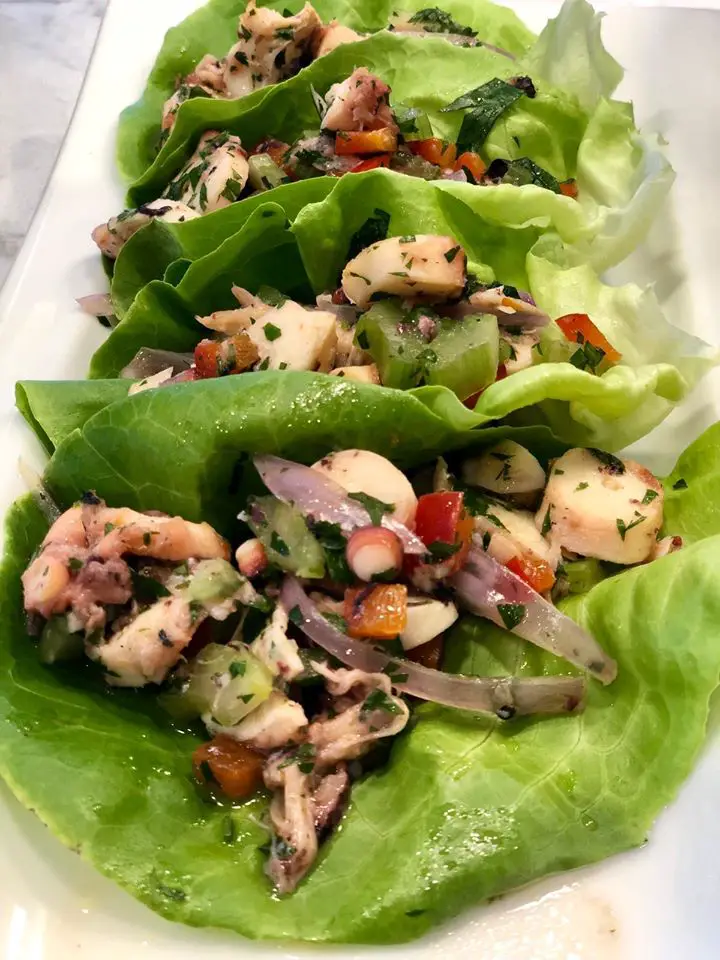
7- When you cook, do you follow a recipe or your heart?
Said: Both depending on how many times I cooked it. If I had done it before many times, my heart leads. If it’s a first, I follow and check every step in the recipe.
Tarek: When I try a new recipe, I go by the book until I get the hang of it. And once there I follow my heart.
Omar: I think cooking is an art. You put things together and you end up with an amazing dish.
Selim: I normally use my heart and instinct, while Anna, even though she has her own recipes, and even made her own cookbook, she follows recipes to the teeth.
Ayman: I like to follow recipes that have been tried by friends, but I also follow my heart when I cook, and create my own touch.
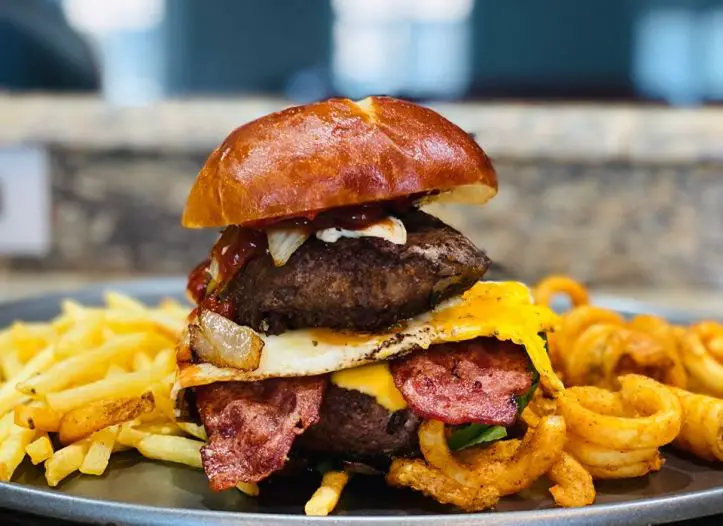
8- Do you bake too?
Said: If I have all ingredients, but not always.
Tarek: Generally, yes, some cakes. One day I want to venture more into the pastry world, but I hardly find the time.
Omar: I’m starting to learn baking; I watch lots of cooking shows.
Selim: I bake pastries, cakes and bread.
Ayman: Yes, I bake some dishes. I even went further to sous-vide dishes which are low temperature long time cooking method to deliver the exact level of doneness desired for some special dishes like ribs.
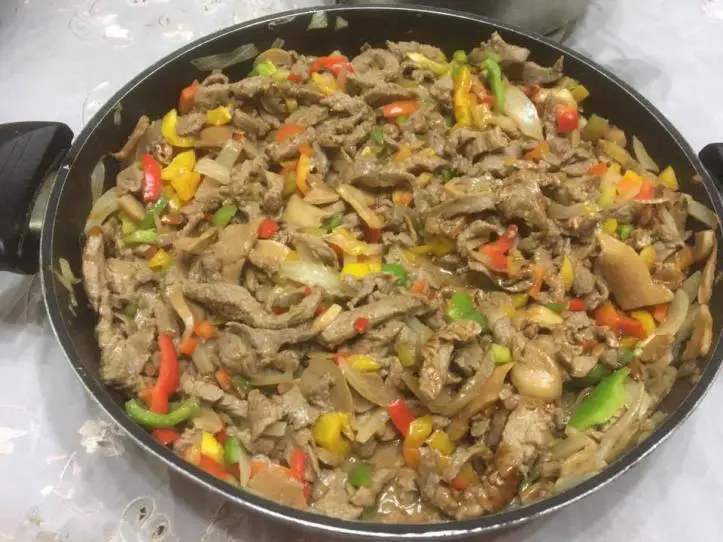
9- Why do you like to cook?
Said: Fun, entertaining you create something delicious from nothing. I impress my beloved wife. Health wise, I create my own food from A to Z. When you cook for yourself and others you choose the quality of the ingredients you use and how much you want it cooked.
Tarek: Cooking is a passion for me. There’s a unique feeling of joy when I prepare a meal, and someone enjoys it. It’s also a getaway from the stress of life and allowing myself to be engulfed into the realm of aromas and tantalizing tastes. Cooking also puts me in a good mood!
Omar: I think my kitchen is one of my favorite spots at home. I like to listen to music while I’m cooking. It creates a very nice atmosphere. I have all the kitchen gadgets, utensils and spices you could ever imagine.
Selim: Retiring at 55 made me think, maybe I can sometimes relieve my wife from the kitchen. To be honest watching her over the years opened up my appetite for cooking. It seems Alexandrian men love to cook.
Ayman: Cooking to me is a creative art, where sometimes I stand in front of my spice cabinet, looking for several ingredients and thinking about a new mix. To me it’s like styling, you add the right pieces together to harmonize color, smell, and taste.
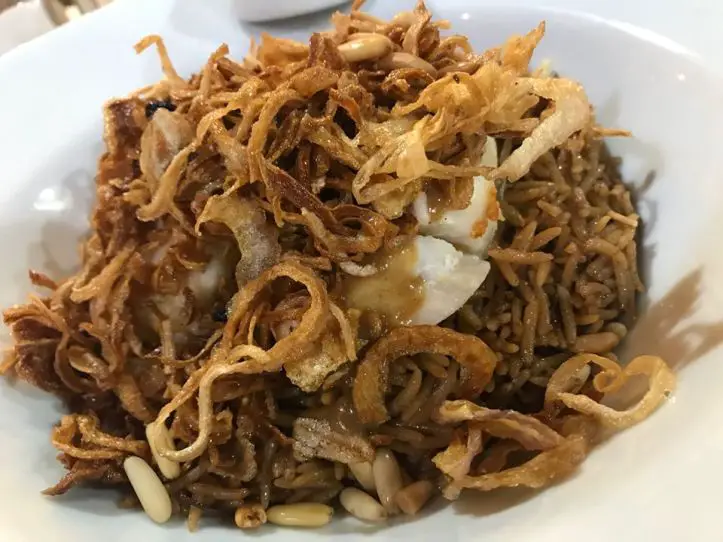
10- Why do think some men feel embarrassed to show they enjoy cooking?
Said: I think those are men who live in a traditional strong patriarchal environment where gender discrimination is very obvious and strict. Luckily, I lived with strong feminist women and I’m a feminist myself. I don’t see cooking as feminine or masculine. I see cooking as an art and fun. I love to cook to impress and feel appreciated. Traditional men look at cooking as feminine but modern men think that a symmetrical family means that all partners share and participate. If wife and children need cooking and you can, it’s totally unacceptable if you don’t contribute. If they love it, keep it up. Don’t stop.
Tarek: I think it’s a set of social and cultural boundaries that were spread and people allow them to get to them. And hence men generally found it an embarrassing thing to do.
Selim: I guess it’s the local environment and surrounding pressures that dictate that men should be embarrassed and not necessarily should be in the kitchen.
Ayman: I don’t see men who love cooking are embarrassed to show it. My wife is the one who introduced me to cooking and to recipes groups on social media. But maybe some men culturally don’t like to be seen cooking. They might think it affects their masculine image.
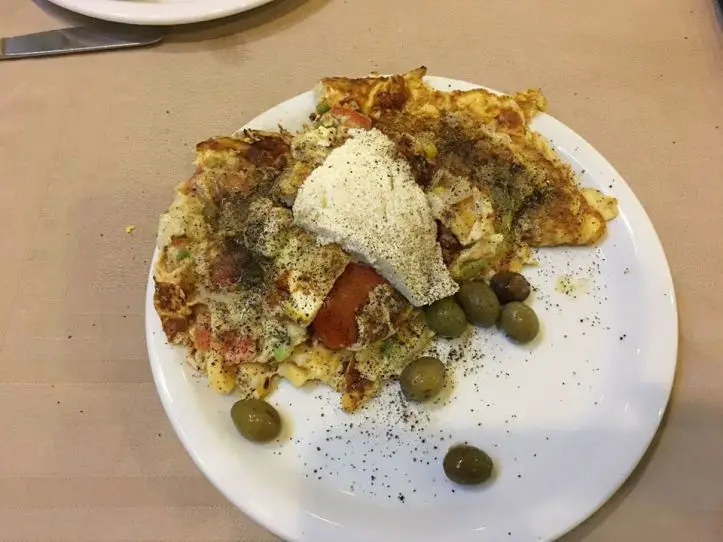
11- Do you believe the kitchen is a woman’s place first then a man’s? Why?
Said: No. I’m a strong defender of women’s rights, so I don’t believe in any traditional gender division. The kitchen is big enough for both. The old division of house chores was the product of the economic system. Today, there’s a new economic system and requires new division of labor. Cooking is one of the realms that requires re-examining, who does what out of experience and skills, not because of gender.
Tarek: I think the kitchen is the place of the person who loves it, man or woman. I don’t put a gender or a boundary on the place. If you love to cook, you love to cook, period! You don’t need a reason, you don’t need to be driven to do it, you only need to love it.
Omar: Many people in Egypt consider it a women’s job since women stay at home, but with the society changing and as women are becoming a big percentage of the workforce, things are starting to change. On the other hand, some ladies don’t like to cook because they think they should rebel against normal tradition.
Selim: I don’t believe at all that the kitchen is for women first then men. Maybe women have a touch in presentation more than men.
Ayman: No, I totally believe kitchen is more of an art room. If you don’t like to paint, you dono’t want to spend time inside it, whether you are a man or a woman.
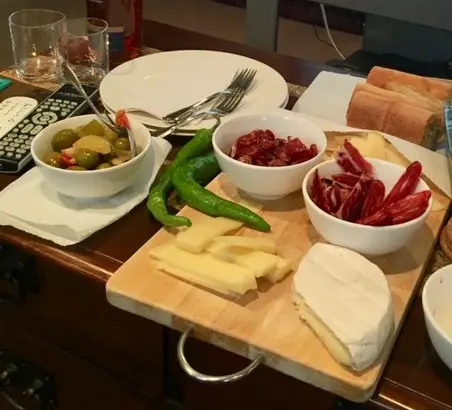
12- Who inspired you to cook?
Said: My mother and many female colleagues I’ve met in my life.
Tarek: My mother, I’ve grown up enjoying how she single-handedly taught herself not only Egyptian food, but Chinese and Indian. When we lived in Saudi Arabia, she learned to cook Lebanese food and to the surprise of our Lebanese friends, she perfected it. They told her she cooked their meals as a native! She always inspired me.
Omar: I usually get positive feedback. The most common comment I receive is to make a career shift. This encouraged me to cook for my friends different dishes they aren’t familiar with. I do my best in presenting the dish to my audience.
Ayman: My dad was the first person who encouraged me to cook the recipes I learnt while camping to my mom and brothers. Later my mother-in-law liked my recipes and I also learned a lot from her.
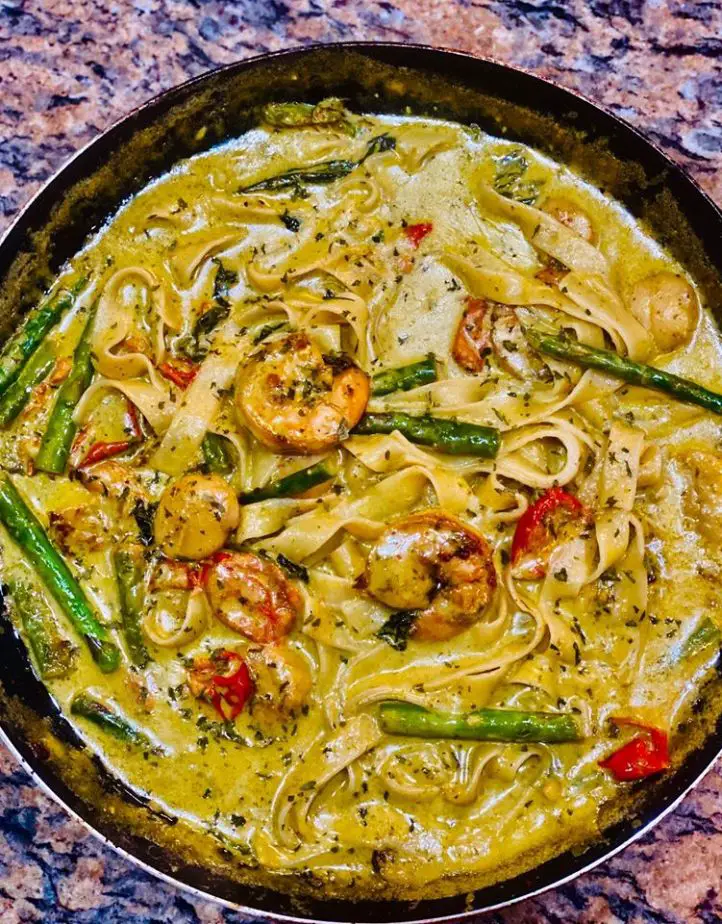
13- Do you read cookbooks/recipes on line?
Said: Yes. I have a culinary library. I watch TV foodie programs and look up recipes on YouTube.
Tarek: Of course, I have my own cooking books and I always enjoy watching and checking out new recipes online!
Omar: Every dish I crave, I take it as a project. I search for recipes, I buy the necessary ingredients and I cook it. I usually take pictures of my dishes and share them with my friends on social media.
Selim: I follow certain recipes online but of course I modify them.
Ayman: I prefer printed versions of cookbooks and I love to buy them wherever I go. I believe the countries’ cuisines are their best ambassadors that tell about people preferences and cultural taste.
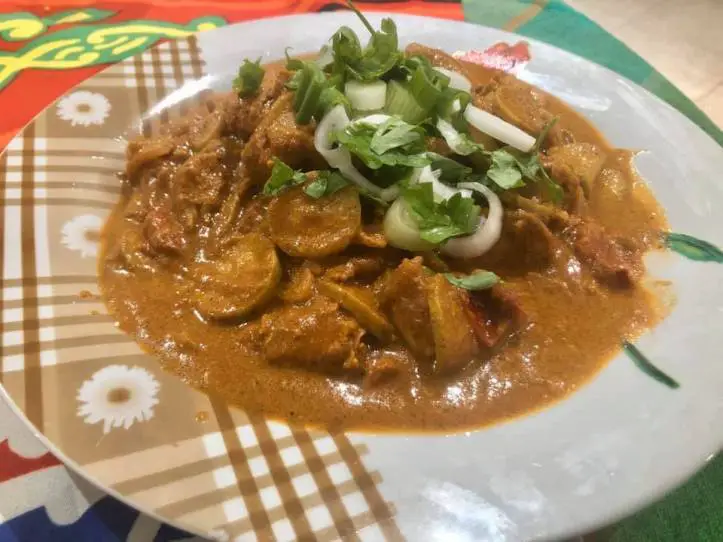
14- Do you watch cooking shows?
Said: Food Network, Kuchnia, TV Paprika, 24Kitchen and Cocina, Panorama Food. I also like the Naked Chef and the Barefoot Contessa.
Tarek: Yes, I really like Guy Fieri’s show “Diners, Dive-ins and Dives”. Anthony Bourdai’s Parts Unknown is one of my all-time favorites.
Selim: I love watching food network.
Ayman: Very unlikely, but yes, I do sometimes.
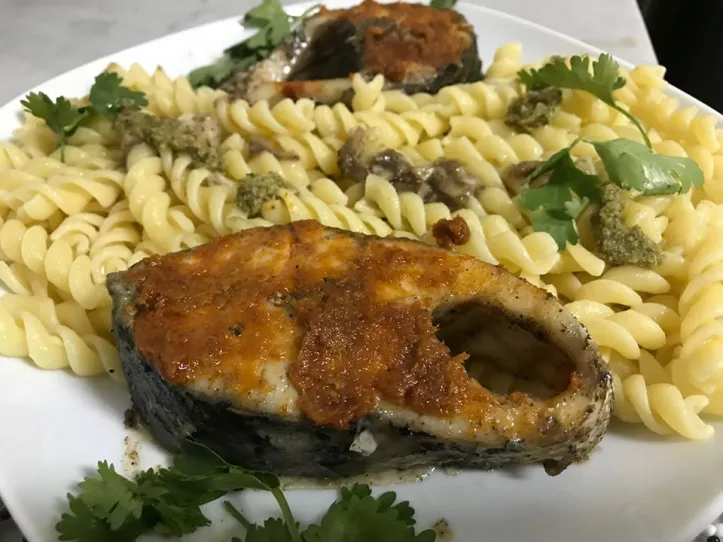
15- Who is your favorite chef?
Said: The late Anthony Bourdin. I met him personally and participated in the only show he did about Egypt.
Tarek: I wouldn’t say I exactly have a favorite chef, but I’d say my mother.
Selim: Of course, Jamie Oliver is my favorite chef. He’s simple and I learned a lot from his show “The 30-minute Meals”.
Ayman: The Scottish Gordon Ramsay who is almost my age and a top 10 ranked in UK.
16- What types of food you like to prepare?
Said: Indian, Egyptian and Italian.
Tarek: Chinese, Indian, regular Egyptian meals.
Omar: I don’t make oriental food. I’m more into western dishes.
Selim: Italian and Egyptian.
Ayman: The fast and quick recipes that take no more than an hour to prepare and cook.
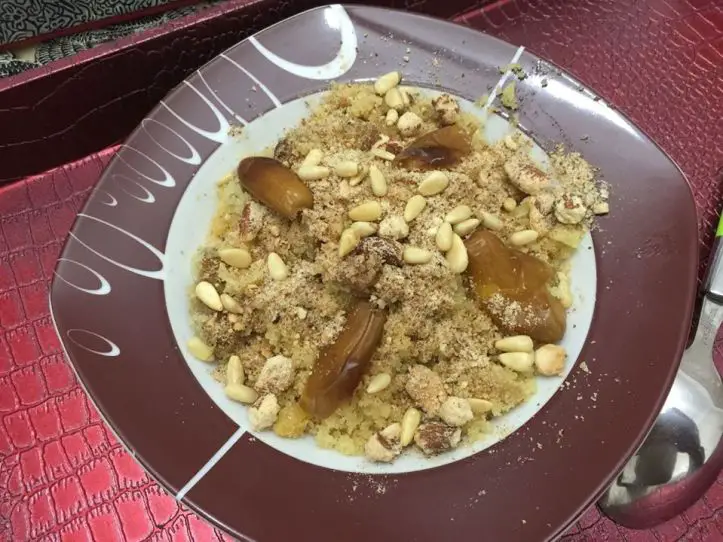
17- Do you have any cooking tips you want to share with us?
Said: Cooking is love. If you don’t love what you’re going to cook, it will be sloppy job and tasteless dish. So if you don’t love it, don’t cook it.
Tarek: The golden rule for any person who loves to cook and the very first lesson my mother taught me, “A chef always keeps his/her kitchen clean.” Also, don’t be afraid to try new things, new spices, new mixtures. When cooking something for the very first time or trying new mixtures, always prepare small amounts not to waste a lot of your supplies. Accept that you will burn stuff, it happens. But just keep going.
Ayman: Before you start cooking, take a minute to mentally walk through what you’re going to do, dream of its outcome and how it’s going to look and smell. Then get your ingredients ready, not to spend time in multiple fridge or cupboard journeys. The ultimate tip for cooking is to start clean and end clean, don’t leave the kitchen in a mess.
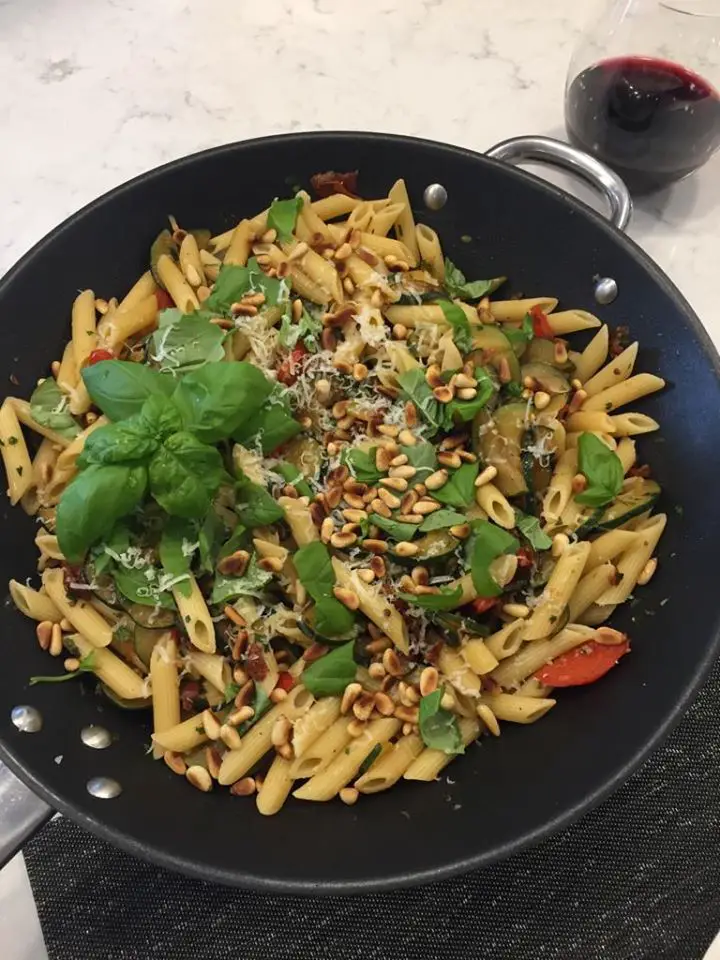
18- Until recently, men in Egypt bragged about their inability to even boil an egg. Now, many are coming out of the closet and bragging about their culinary expertise. What happened?
Said: New generation of men and culture due to socio-economic changes. Marriage age is now late and many men may live alone before marriage. You have millions of Egyptians who worked in the Gulf and lived alone. They had to learn cooking. Living on fast food was expensive and unhealthy.
Tarek: In the past 20 years, the number of young people moving out of their parents’ homes has increased. This meant they have to rely on themselves. More young people travel and work abroad. They live alone. They can’t afford to keep buying ready-made meals or ordering take out. So, they had to improvise and handle things on their own.
Selim: Frankly, I think it’s social media that helped. Also the lives of the new couples of this generation are different than 40-50 years ago. It’s no longer taboo for a man to be interested in cooking and it’s accepted socially. My Egyptian son-in-law Ramy is a brilliant engineer who also enjoys to cook, and is an excellent chef. Also, Fadi, my daughter’s fiancé who is running his own business in e-marketing has a passion for cooking.
Ayman: I think a lot of old concepts have changed with people travelling more and experiencing the modern lifestyle of western communities. Internet has helped a lot, showing how easy it is to cook delicious dishes. And I don’t want to surprise you, but most of the globally well-known chefs are men.
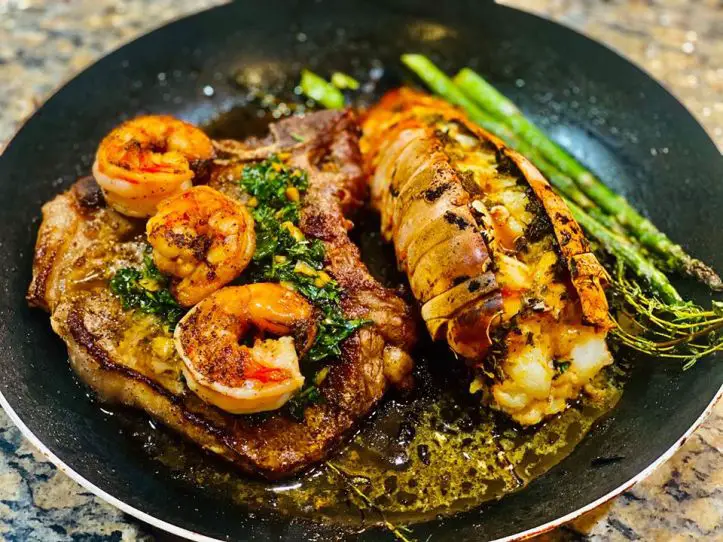
19- If married, do you cook together?
Said: Cooking is an essential part of my married life. My Tunisian wife cooks Tunisian dishes and I cook Egyptian and international dishes. We’re both gourmet and foodies. We cook together or she cooks a dish and I cook another and we share. The road to a man’s heart (and also a woman’s) is through their stomach.
Tarek: Unfortunately not. My wife will never allow me in the kitchen when she’s in!
Selim: If Anna is cooking I’ll help her by being her sous-chef. So, I follow her instructions! But when I do my fish or any other dish she doesn’t really interfere…but sometimes it’s the Italian thing in her.
Omar: I’ve always admired people who cook. I remember one time when I was a teenager, I went with my mom on a trip to Helsinki, and we met an Egyptian couple there, who cooked together. I was really impressed and felt kind of joyful and intimate.
Ayman: Yes, we sometimes split the tasks, like I do the savory dishes and she gets the dessert.
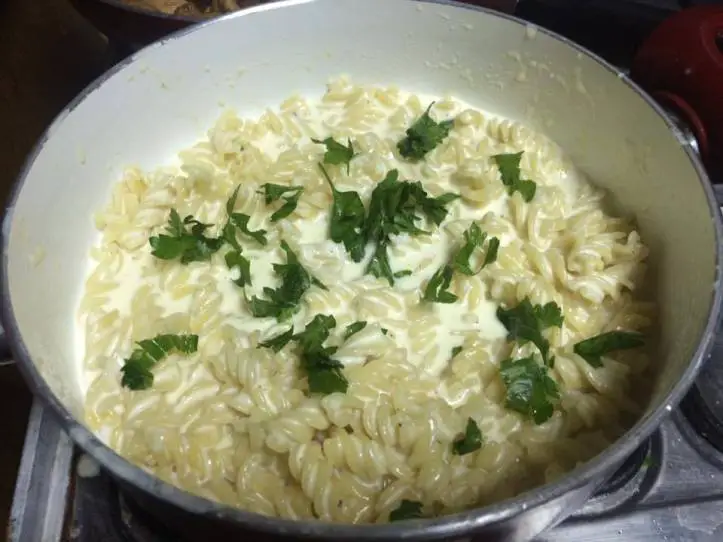
20- Who cooks better?
Said: I love her cooking. It’s made with love. She makes great Tunisian couscous with fish plus Masfouf (sweet couscous with dates, pomegranates and nuts).
Tarek: In no way am I attempting to brag, but I do, but my wife cooks some delicious dishes too.
Selim: Anna cooks much better than me. Her presentation is incredible.
Ayman: If you ask me, I’ll tell you she cooks better. But she’ll also tell you the same about me.
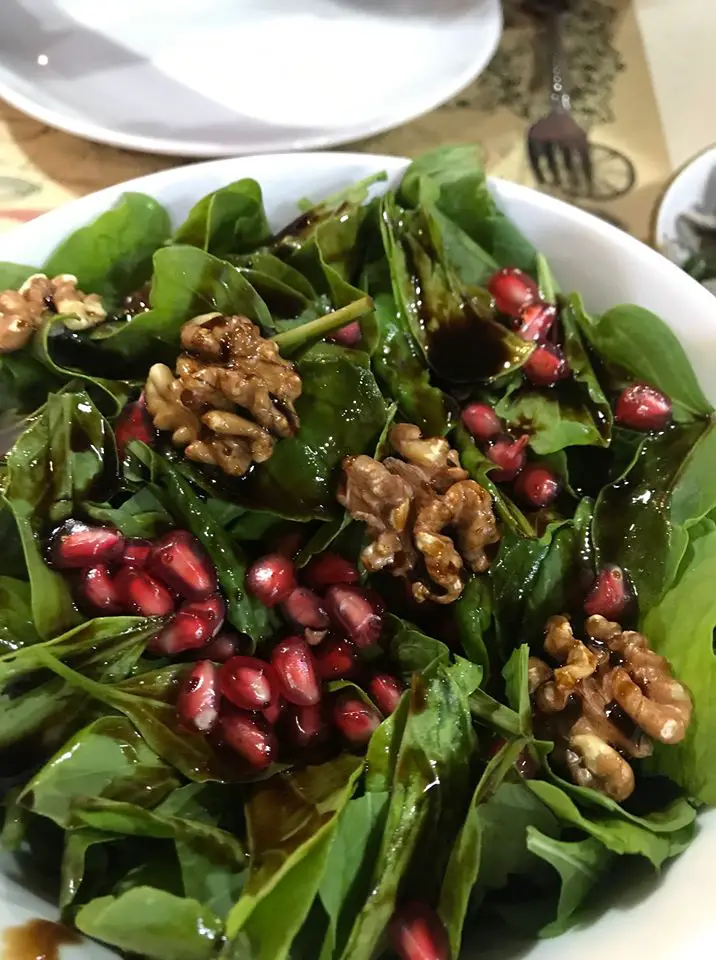
21- When you are cooking, do you ask your wife or mother for tips?
Said: Certainly, I ask my wife for tips and her favorite quantities, not too spicy, greasy or sweet. Of course, I’m not the only one who will eat, so taking into consideration the other consumers I have to ask their preferences too.
Tarek: Sure, and taste! I’m a learner, besides they will eat it, so I need their guidance!
Omar: My mom encourages me and she gives me tips.
Ayman: While cooking, I’m in performance. I either dance or fall, no tip will help there. They give me tips when they taste the food.
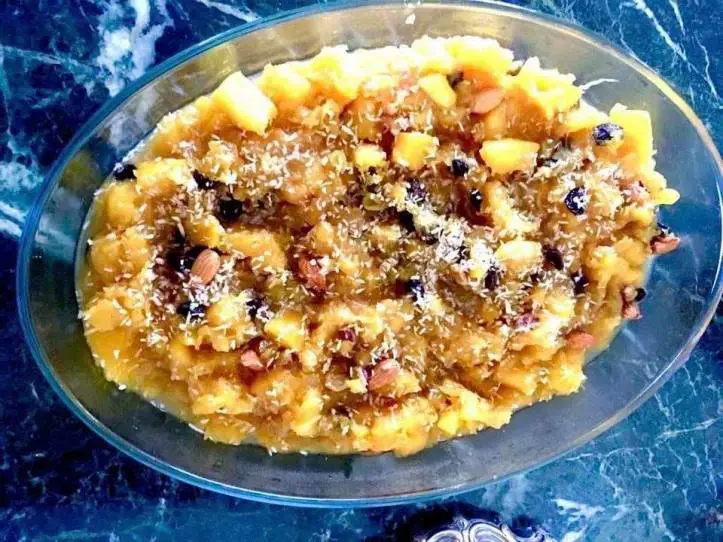
22- Do you also clean up the kitchen after you cook?
Said: I do help. However, if I caused a lot of chaos I have to participate.
Tarek: Almost every time, like I mentioned earlier, it was the golden rule to be allowed in the kitchen in the first place!
Omar: I do all cleaning. No help here like in Egypt.
Selim: I do clean up after cooking….
Ayman: You shouldn’t wait to finish cooking to clean your kitchen. Wash the bowls as you go, so you don’t get stressed.
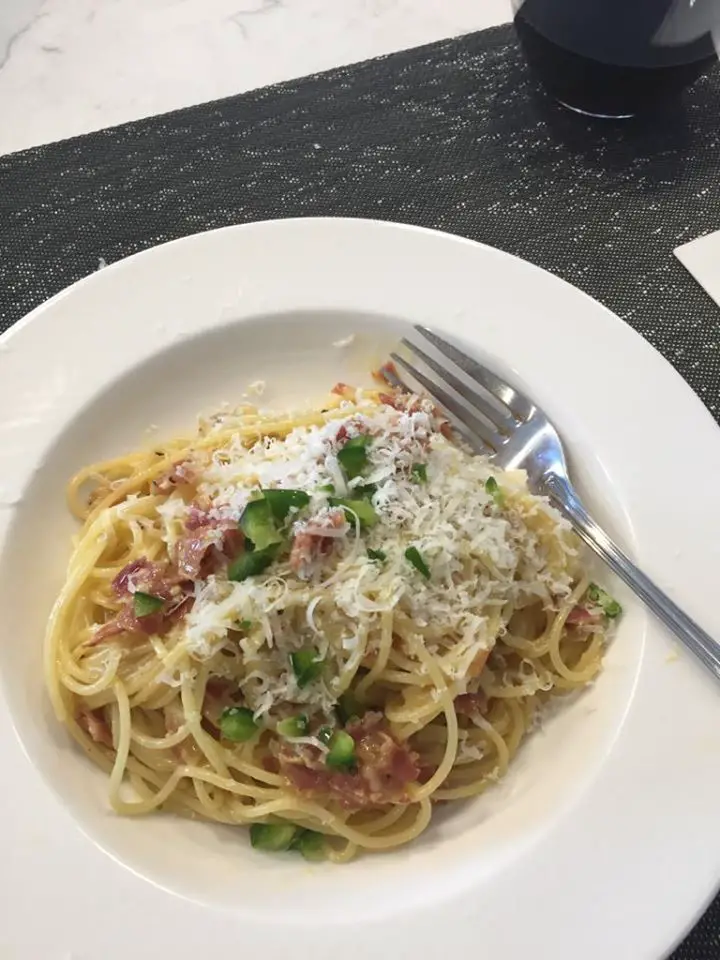
23- Has cooking changed you?
Said: I appreciate cooking and the efforts spent in preparing meals. I feel for those who cannot afford eating a proper meal. Cooking also helps in connecting and learning about other cultures and the meaning behind special dishes in feasts.
Tarek: Indeed, it made me more appreciative of the different things in life, and more patient because you simply cannot rush a meal.
Omar: For me it’s a nice hobby. I don’t take it as an obligation or duty.
Selim: Definitely cooking changed me a lot. It made me fussy a bit when we choose a restaurant. It’s always an issue.
Ayman: I wouldn’t call it a change; it helps me to innovate and create dishes that surprise my family to see them cooked at home. Receiving compliments for a tasty dish I presented adds to my self-esteem and confidence.
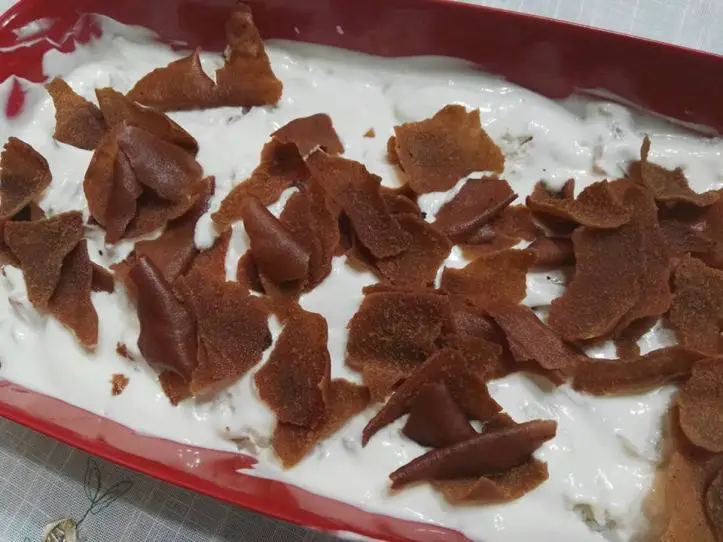
24- How do you deal with the stigma that men shouldn’t be in the kitchen?
Said: I simply ignore it and tell my students to learn to cook. Cooking is human art and passion. It’s not gender specific anymore. I influence many youngsters with my ideas. I don’t allow negative old backward ideas influence me and my behavior.
Tarek: I was never the type who really cared about stigmas or what others think as long as I know I’m not doing anything wrong! I recall when I was in my second year in prep school, I wanted to make chocolate mousse from scratch. I went through my mother’s library, found a recipe with all the necessary ingredients available at home, and made my first chocolate mousse! Stigmas never really bothered me.
Omar: I think more men and women are starting to explore cooking especially after the universal lockdown.
Selim: In North America, it isn’t an unusual occurrence to find a man in the kitchen cooking. It’s normal for friends invited for dinner to witness the couple both in the kitchen preparing dishes.
Ayman: If men shouldn’t be in the kitchen, women wouldn’t be in the army. It is totally having no relation to gender.
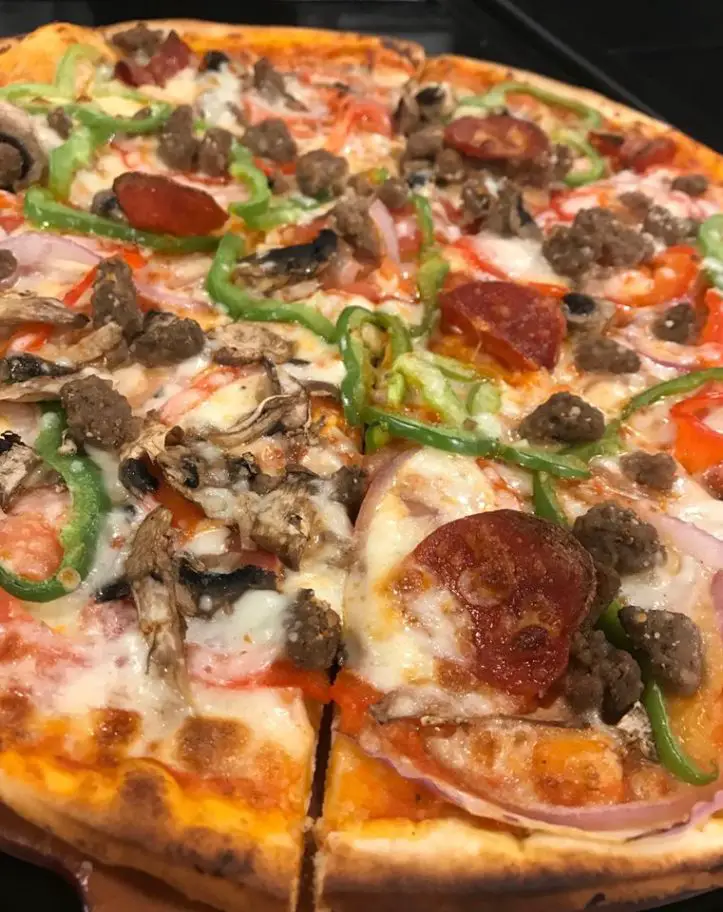
25- What do you tell men who think the kitchen is a place for women?
Said: Change your old-fashioned ideas and welcome to the 21st century.
Tarek: I have them taste my food and leave them to make their own decision. But on a conversational level, I do oppose the idea; the kitchen is for the person who enjoys it!
Selim: I tell them: helloooo wake up Charlie get on with your new life.
Ayman: They’re missing a lot. Don’t be surprised why they say women are creative. It’s that secret Lab that gives them the chance.
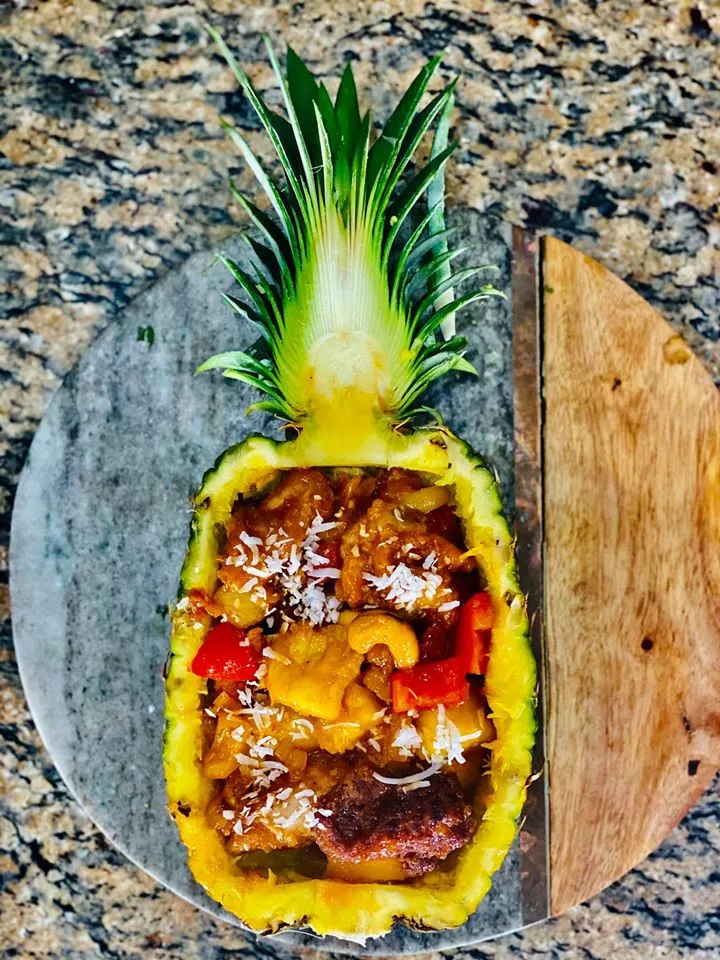
***If you liked this article, don’t forget to subscribe to our newsletter and receive our articles by email.

A very interesting and inspiring article
LikeLiked by 1 person
Reblogged this on Dina Al-Mahdy.
LikeLiked by 1 person
Interesting one..😊👍🏻
LikeLike